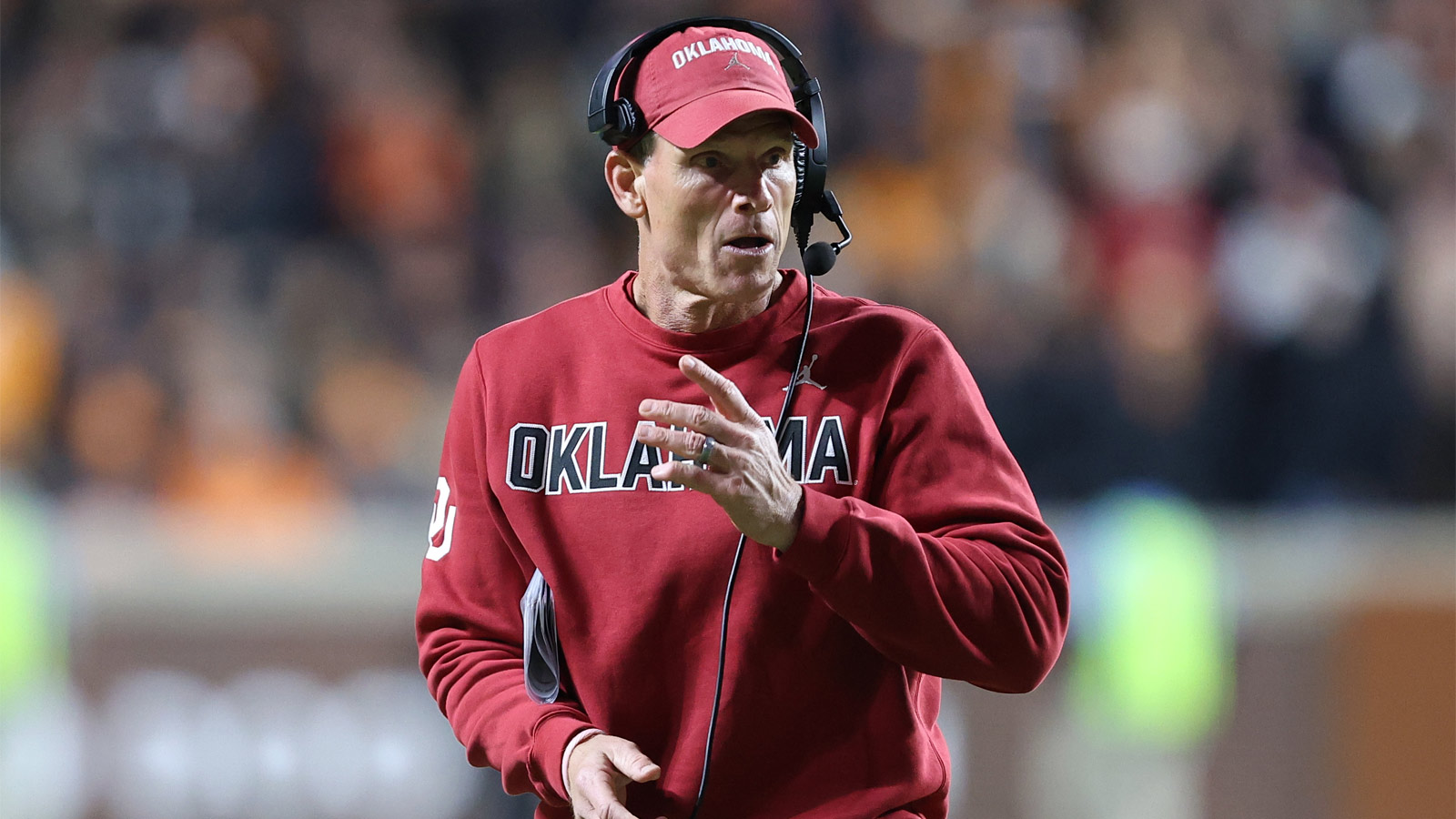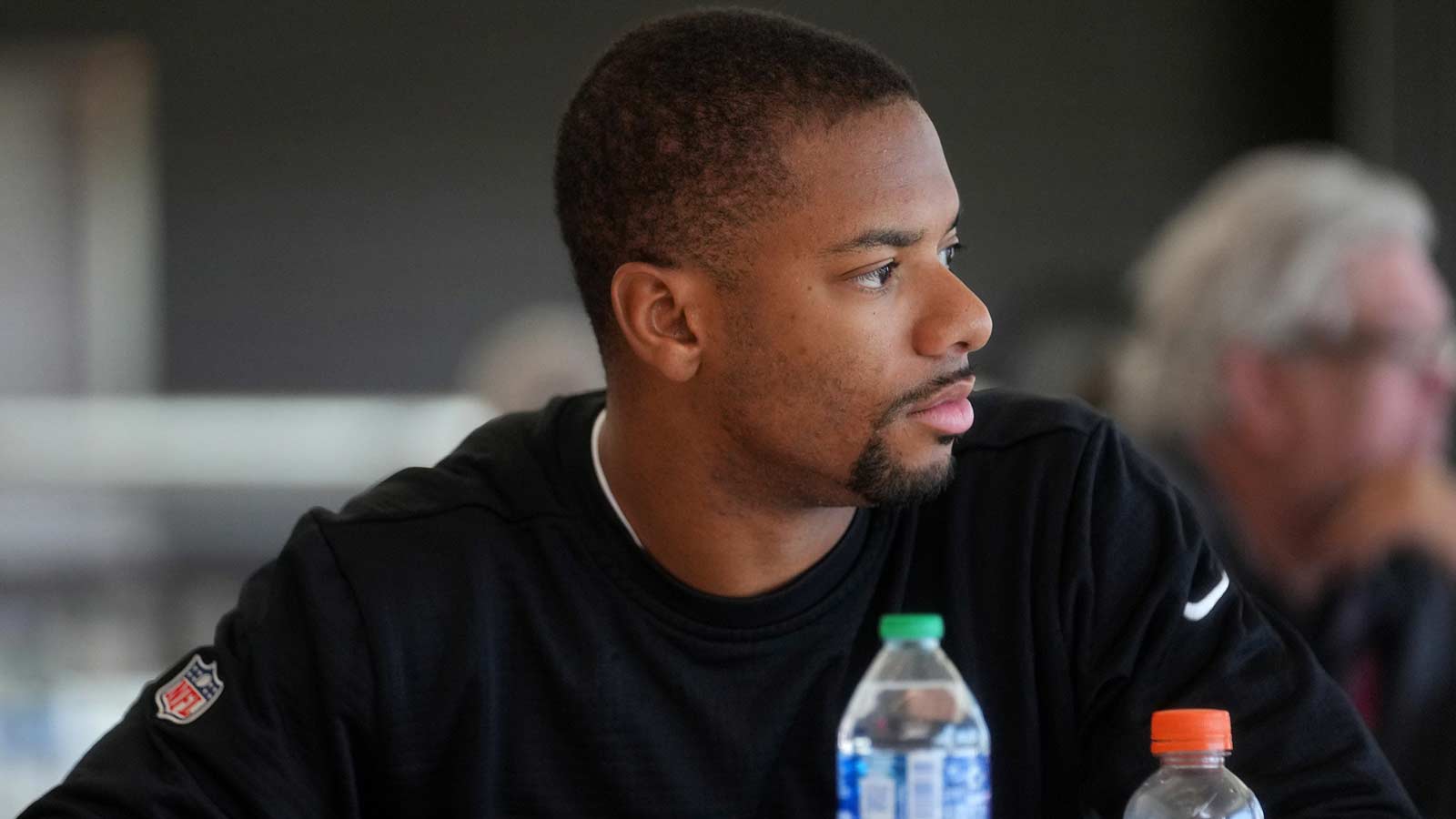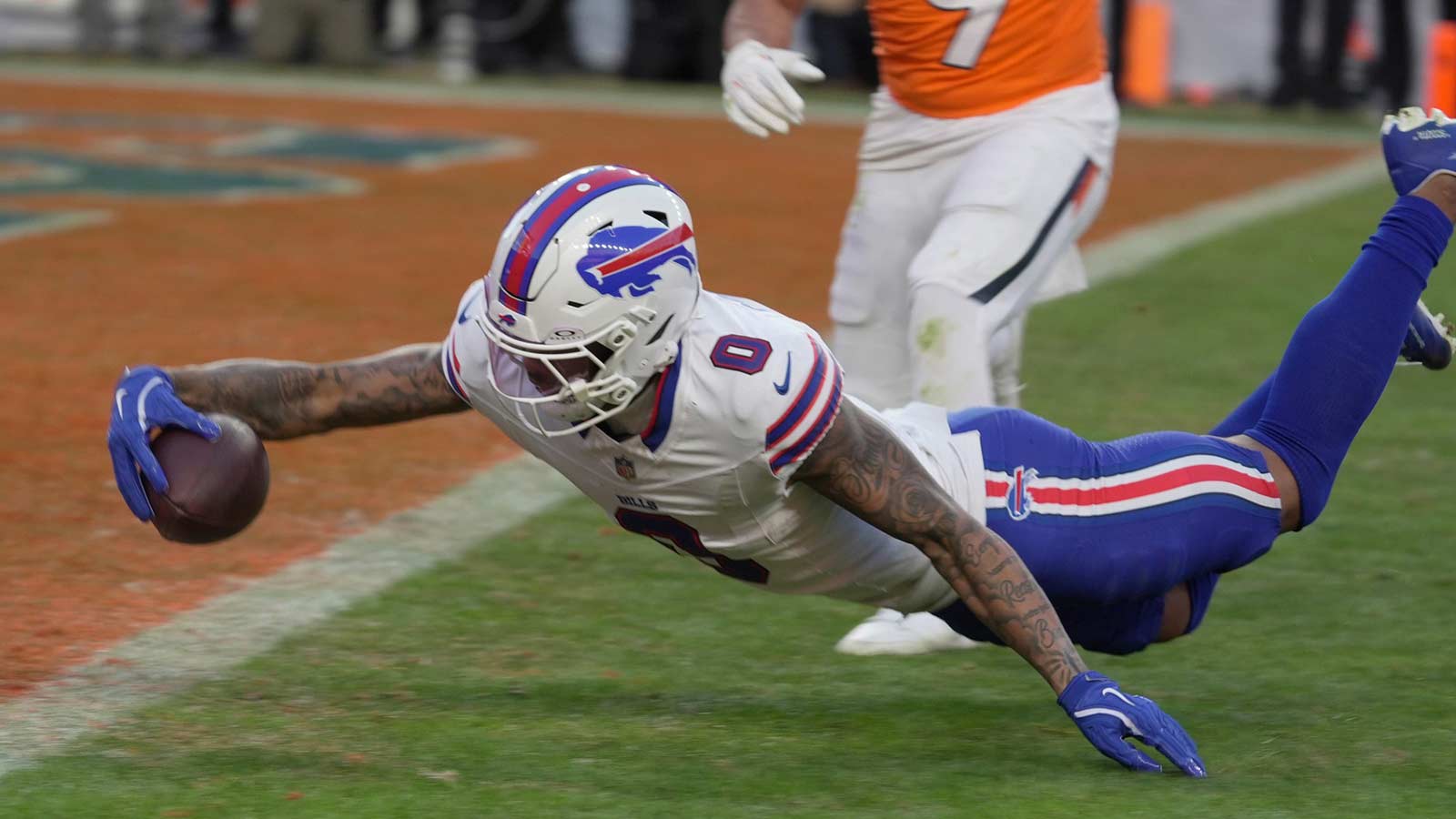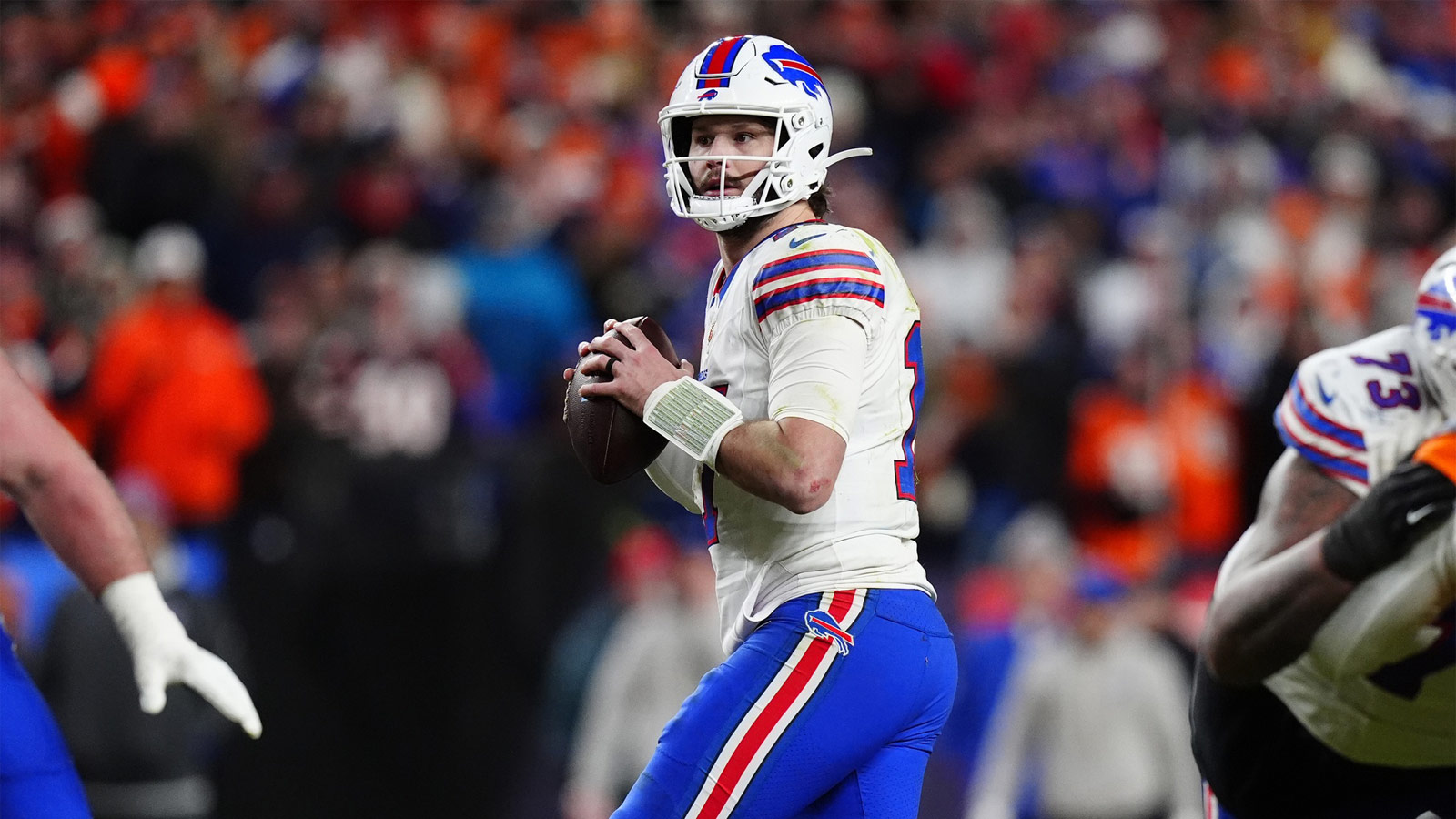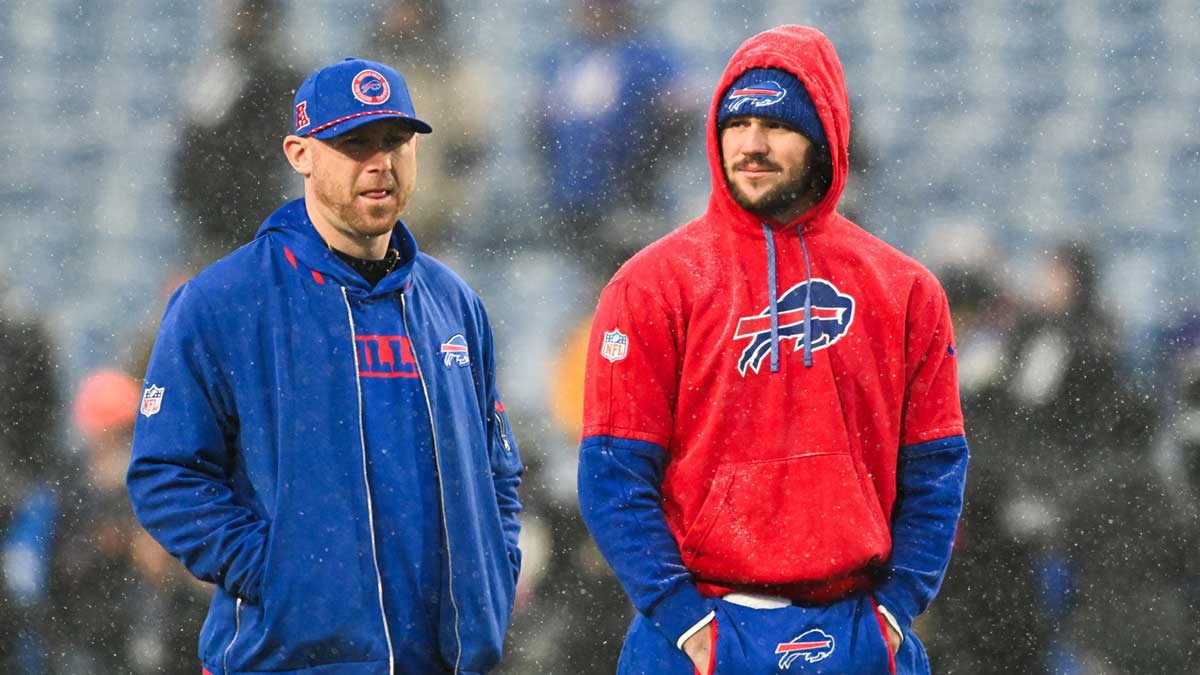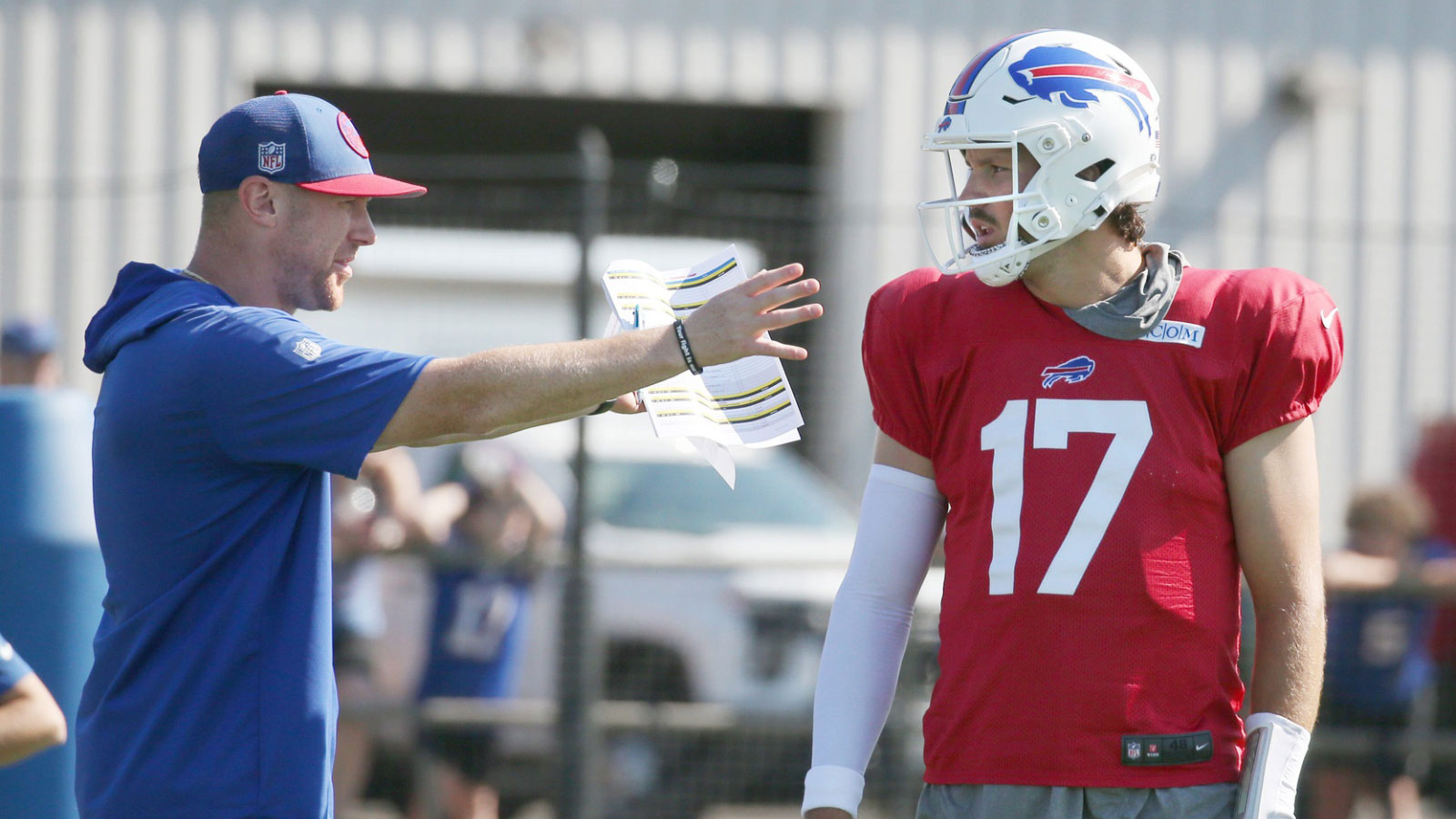The Buffalo Bills have finally found their quarterback of the future – we think.
Former Wyoming Cowboys gunslinger Josh Allen, who the Bills used the seventh selection of the 2018 NFL Draft on, is going into his third season at the helm for the Bills, and Buffalo finally looks ready to be able to add another name into the record books for winning the AFC East division that is not named the New England Patriots.
Allen has a penchant for being a quarterback who loves his deep balls, and while his accuracy is a problem (but not as big of a problem as it is for Minnesota Vikings’ quarterback Kirk Cousins), it could surely stand to be improved upon for this upcoming season.
But the biggest factor that determines how successful Allen can be in each and every game is how he is able to use his rushing abilities to create, as he is a two-dimensional QB that is big enough to take those hits and still get the needed yards. While having led the league the last two years in rushing by a quarterback, the passing abilities of Allen are what needs some refining.
2019 Fantasy Statistics
Plain and simple, Allen was not highly regarded coming into last year’s fantasy slate. Not seen as a player that was pegged to improve all that much to justify a long-term investment, Allen’s sophomore campaign was similar to how well he performed in his first season in the league, but just more efficient.
ESPN had Allen finish as the QB6, which seems a bit high with everything considered. However, it is his rushing stats that helped make that a possibility, especially since his throwing numbers are below average when compared to the rest of the league.
Having led the league in rushing TDs by a QB with nine, Allen was able to rush for 510 yards on 109 carries and those numbers were enough to propel him to the sixth rank for QBs.
Passing wise, Allen finished the year ranked 23rd in passing yards (3,089), third-worst in completion percentage (59 percent), 11th-worst in yards per attempt (6.7 YTA), and his 20 passing touchdowns were only good enough for 21st overall. However, he was able to cut down on his turnovers, as his interception total dropped by three (from 12 to 9), dropping his interception percentage down almost two percentage points.
There were only two games that Allen produced single-digit fantasy point scoring totals across the 16-game season, as he had a three-interception contest against the vaunted New England Patriot defense in Week 4, and he only played for a little bit in Week 17 against the New York Jets due to the team choosing to rest their players because they had locked up the No. 5 seed in the AFC playoffs.
2020 Fantasy Projections
Stefon Diggs is going to be the biggest catalyst in helping Allen break out or continue to be a middling QB in terms of passing efficiency. The former Vikings deep-threat wide receiver is an addition that will help the Bills out, but with Diggs and speedster John Brown already on the team, they lack a true vertical threat that has the height and physicality to fight for the deep balls that Allen can place.
Outside of that need, the offensive weapons that surround Allen are pretty solid. Diggs, Brown, and Cole Beasley combine to form an above-average, formidable core at wide receiver, tight end Dawson Knox is a sneaky breakout threat this year, and Devin Singletary is solidly entrenched as the top running back option for the Bills this year. Furthermore, former Utah Utes running back Zack Moss coming in as the second option with old man Frank Gore having moved on to play for the New York Jets.
Can a statistical regression be expected? Sure. But not necessarily for the reasons you may think.
Allen is better suited having a running game around him, which not only opens up running lanes for himself, but it also makes the offense be more of a two-dimensional threat through both the rushing and passing attacks. And if Allen is able to capitalize on any offseason accuracy work that he hopefully put in, then this offense could become one of the more formidable ones in 2020.
Diggs is used to having to contort his body all sorts of ways to catch passes — that is what happens when Cousins is your quarterback — and his abilities to split the field wide open alongside Brown will not only give Allen two opportunities to chuck the ball downfield 30-plus yards, but it will also open up many more lanes for Knox, Beasley, and Singletary underneath and out of the backfield, helping give this offense more levels to it and making it tougher to stop.
Rank at Position
While a fantasy football season output is a metric that can be used to help gauge how a player truly impacts his team, a ranking of QB6 is not accurate when trying to describe Allen and what he brings to the table. Yes, his skills are above average, he has incredible arm strength to get the ball down the field and he is able to use his legs to his best abilities – but his accuracy, his turnovers, and the fact that he is still young in a starting QB sense mean that he is going to experience some regressions and some rough patches early on in his career.
A mid-level quarterback is all that can be guaranteed about Allen at this point, until he proves us otherwise. Yes, a top-six fantasy performance is nothing to scoff at. But the fact still remains that his passing inconsistencies are the biggest issue for him, and if they are not corrected, it does not matter how many above-average weapons he has on his team to throw to. Especially if they cannot catch the ball because it was not thrown accurately, their impact is severely diminished.
Allen has the tools and the intangible factors to help lead the Bills to the top of their division and become a mainstay in the playoffs, but until that happens, Allen is comfortably a mid-tier QB, and a player that should be drafted no sooner than round eight in any fantasy draft (although if you are in a Super Flex league, Allen brings nice two-way value with his rushing stats as well).









